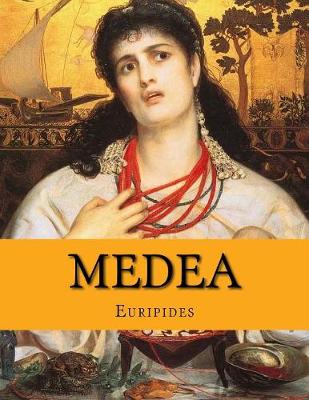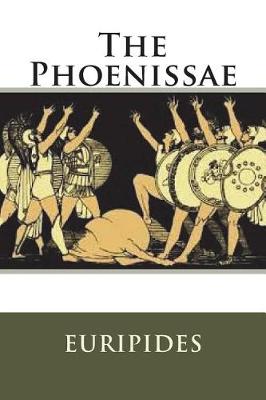Bibliotheca Scriptorum Graecorum Et Romanorum Teubneriana
1 primary work • 6 total works
Book 1337
This school edition of passages from two plays of Euripides, originally published by Macmillan, is furnished with introduction, notes, vocabulary and useful summaries of the lines and choruses omitted. The "Helen" in particular is suitable for use at GCSE level.
introduction, commentary on the text, full stage directions, and a glossary of the mythical and geographical references in the plays.
This vital translation of Euripides' Electra recreates the prize-winning excitement of the original play. Electra, obsessed by dreams of avenging her father's murder, impatiently awaits the return of her exiled brother Orestes. When he arrives, the play mounts toward its first climax, a tender recognition scene. From that moment on, Electra uses Orestes as her instrument of vengeance. They kill their mother's husband, then their mother herself-and only afterward see the evil
inherent in these seemingly just acts. But in his usual fashion, Euripides has imbued myth with the reality of human experience, counterposing suspense and horror with comic realism and down-to-earth comments on life.





